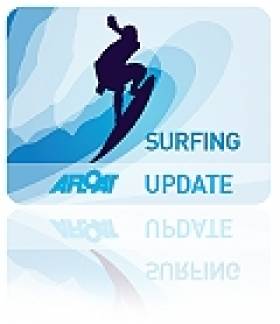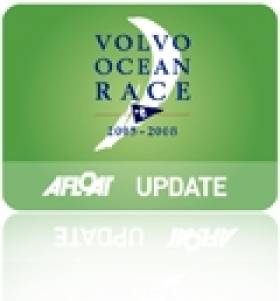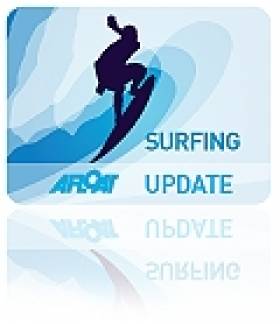Displaying items by tag: secret
'World's Biggest Waves' Off Irish Coast?
#SURFING - One of Ireland's top surfers claims he has found the world's biggest waves off the coast of Ireland.
As Irish Central reports, Portrush waverider Al Mennie says that he and surfing partner Andrew Cotton have found two waves reaching as much as 120 feet in secret locations off the coasts of Antrim and Donegal.
The duo are currently waiting for the right conditions to surf the biggest swells.
"The good days are few and far between – 90 percent of the swells are unrideable and we'd reckon that only two days each year are rideable," Mennie told the Irish Independent.
Their location is being kept under wraps for now due to safety concerns, as the waves crash down in a hazardous rocky area - making them definitely not suitable for novices.
Irish Central has more on the story HERE.
VOR Second Leg Cut Short Over Piracy Concerns
#VOLVO OCEAN RACE - The second leg of the Volvo Ocean Race from Cape Town to Dubai has been cut short by organisers as a result of the growing threat of piracy in the Indian Ocean, The Irish Times reports.
The six yachts competing will be protected by armed guards as they are shipped on a secret route to the United Arab Emirates due to piracy concerns.
The boats will be transported by ship from an undisclosed location to Sharjah in the Arabian Gulf, from where they will sprint to the finish line in Abu Dhabi.
All six teams are currently in Cape Town, with Team Sanya, PUMA and Abu Dhabi Ocean Racing hoping to get back in the race after retiring in the first leg.
As previously reported on Afloat.ie, NATO recently foiled a pirate attack on a Spanish fishing vessel between the Seychelles and the Somali coast.
The Irish Times has more on the story HERE.


























































